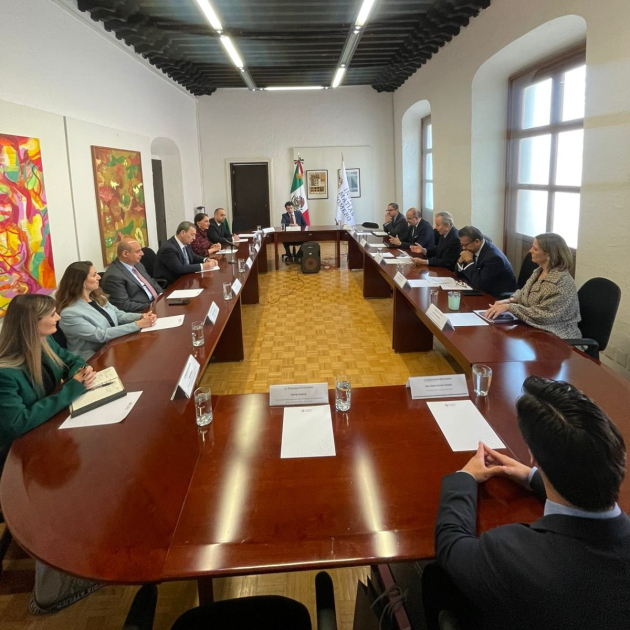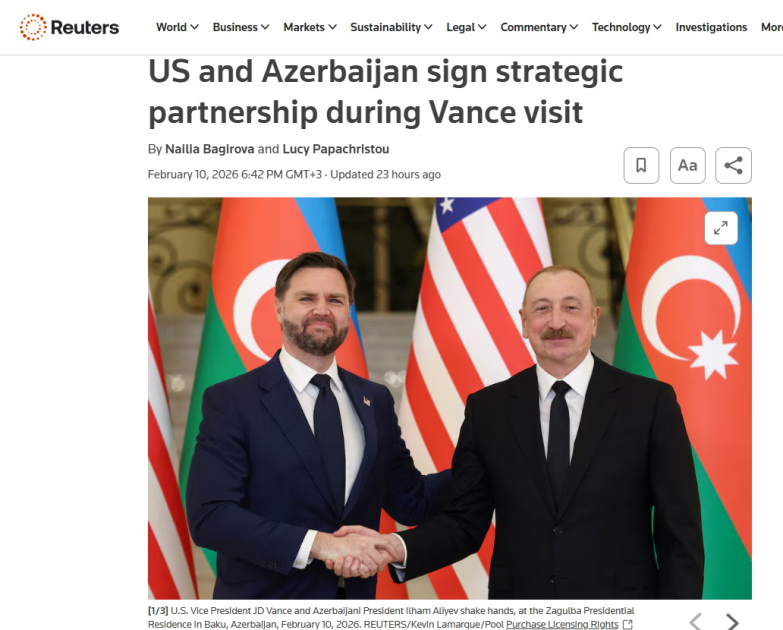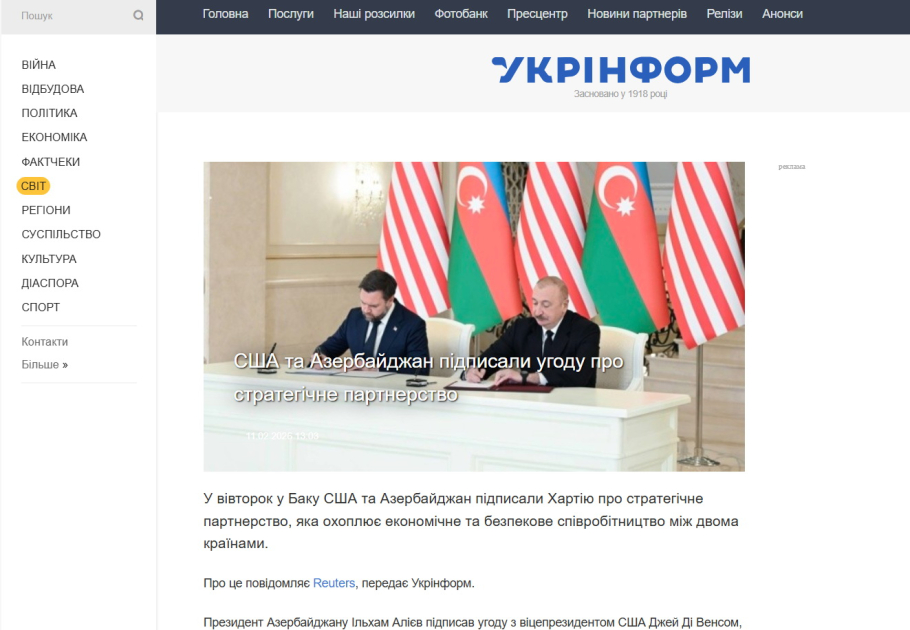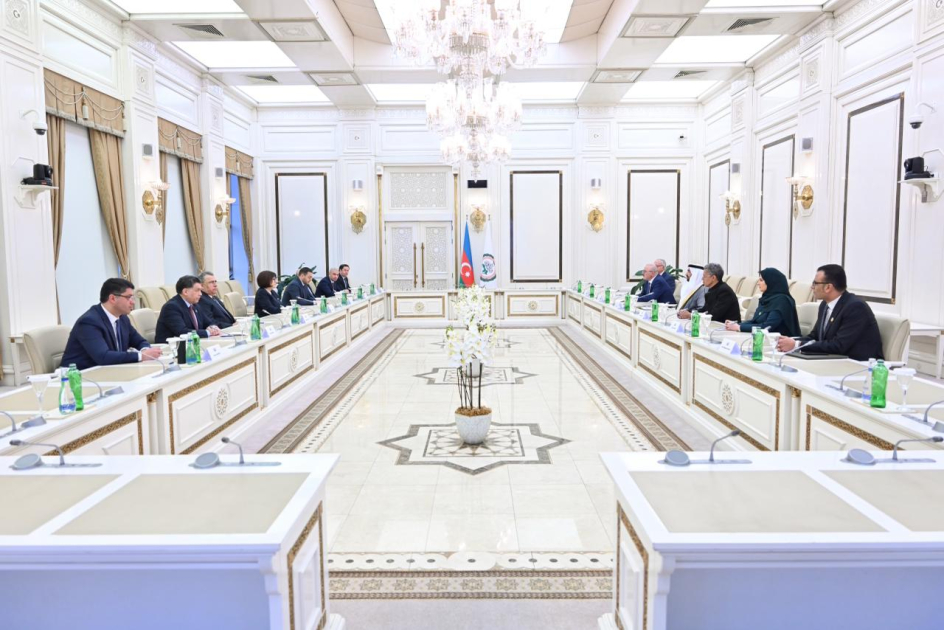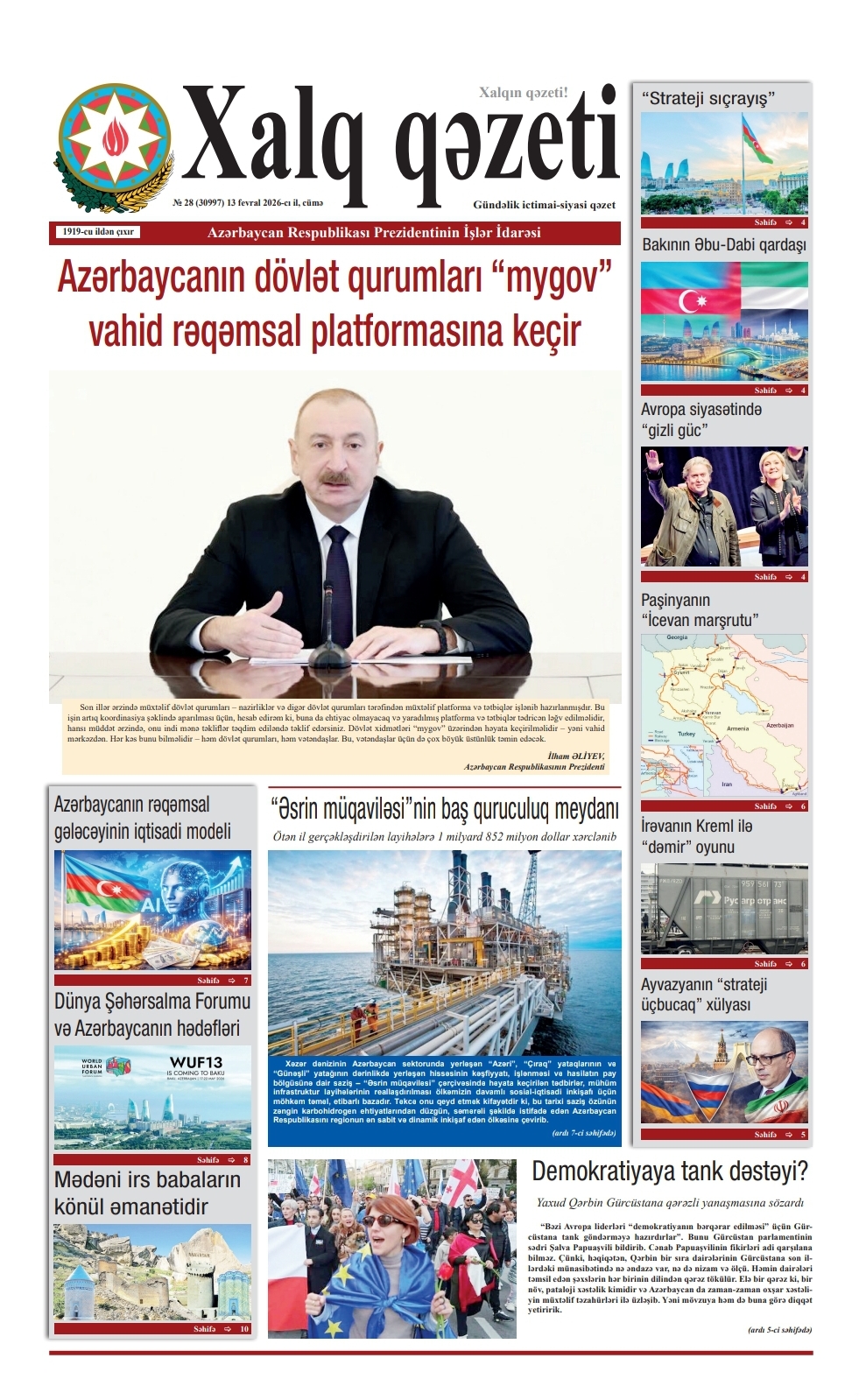French President Emmanuel Macron met with his counterpart Luiz Inacio Lula da Silva during his three-day visit to Brazil. The leaders discussed protecting the Amazon and green investments ahead of the 30th UN climate summit in Belem. The presidents preferred not to publicize pressing issues, such as the attitude to the Ukraine conflict and the difficulties of concluding a trade agreement between the European Union (EU) and South American countries.
Emmanuel Macron's visit to Brazil started with a bang. Brazilian President Lula da Silva confused Emmanuel Macron with Nicolas Sarkozy, who was the head of state in 2007-2012, at an event broadcast live on television channels. "Tonight, Sarkozy and I will go to Rio de Janeiro," the Brazilian leader said at the event attended by his French counterpart. After the participants of the ceremony told Lula da Silva that he had mistaken the names of the presidents, he faltered by saying, "Today we will go to Rio de Janeiro with Macron." It is not said whether Macron is happy about it, but it can be assumed that in any case he will not be happy that his name is mistaken for Nicolas Sarkozy, who is currently a regular "guest" of the French courts.
So, what made Macron go to distant shores? It is reported that the main topics of discussion are cooperation in the fight against global problems, especially climate change, as well as economic relations. However, the Western press writes that the French president is trying to improve relations with Brazil. The point is that during the presidency of Jair Bolsonaro, the dialogue between Paris and Brazil did not develop in a normal way. Therefore, Macron hopes to improve relations with Brazil. As an ultra-conservative, ex-president J. Bolsonaro did not like the "moderate" Macron very much and even made a joke about the French president's wife. The current president, Lula da Silva, on the other hand, is known as a politician who never makes a mistake.
In addition, one of the important reasons behind the French president's trip to the other side of the ocean was to convince Brazil to stand by the West in the Ukrainian war. Until now, Brazil has declared that it will remain neutral in the Russia-Ukraine war. But experts are sure that convincing the Brazilian leader is a difficult task. Lula da Silva has repeatedly stressed that he will not give weapons to Kiev and will not impose sanctions against Russia. According to the Brazilian leader, the strategy of the US and the EU undermines the prospect of a negotiated solution to the conflict.
The statements made after the meetings of the presidents also suggest that Macron did not get what he wanted on the issue of Ukraine. Even before that, during Mr. de Silva's visit to the United States, they tried to influence him to change his attitude towards Russia. However, the Brazilian leader did not retreat from his position. Therefore, it would be naïve to expect Paris to do what Washington can't. Not least because, unlike the United States, France is not an important partner of Brazil in trade and economic cooperation. Besides, Russia has a stronger position in this area. Moscow exports fertilizers, grain and oil products to Brazil.
However, Brazil continues to cooperate with France in several areas. One of such areas is the production of submarines. The third of the five joint-production submarines was launched on Wednesday in the port of Itaguai. For the fifth submarine, the Brazilians expect to sell nuclear technologies. However, in the field of nuclear energy, Paris is trying to be cautious. Macron, who participated in the ceremony, also said that Paris can help Brazil in the construction of a military nuclear submarine, provided that the obligations of non-proliferation of nuclear technology are strictly observed.
However, the French press is skeptical that Paris will open its arms to Brazil in the matter of nuclear aid. According to the media, the Brazilian side is trying to convince Paris to increase the amount of technology that will help to integrate the reactor into the submarine. Also, Brazil is asking Paris to sell equipment for the nuclear power plant (turbine, reactor). But so far, France has refrained from taking steps contrary to international requirements regarding the non-proliferation of nuclear technology. France prioritizes investing in more economic sectors, and Paris is the fourth largest investor in Brazil by direct investment volume (40 billion euros). However, President da Silva's cabinet believes that French investment is not appropriate for Brazil's size. Latin America's largest country is calling on Paris to raise the stakes. But is Macron ready for it?
Sabuhi Mammadov
XQ


.jpg)

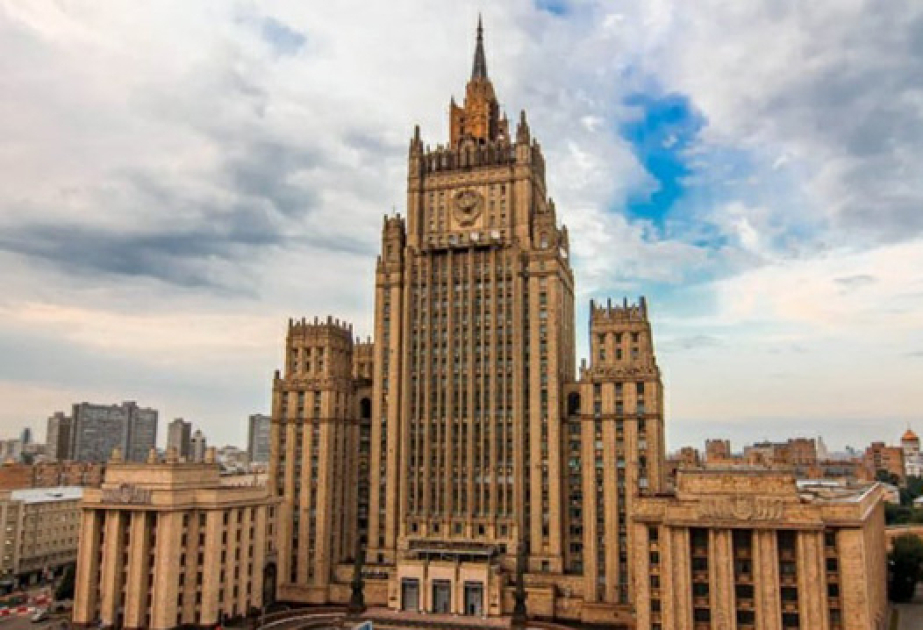
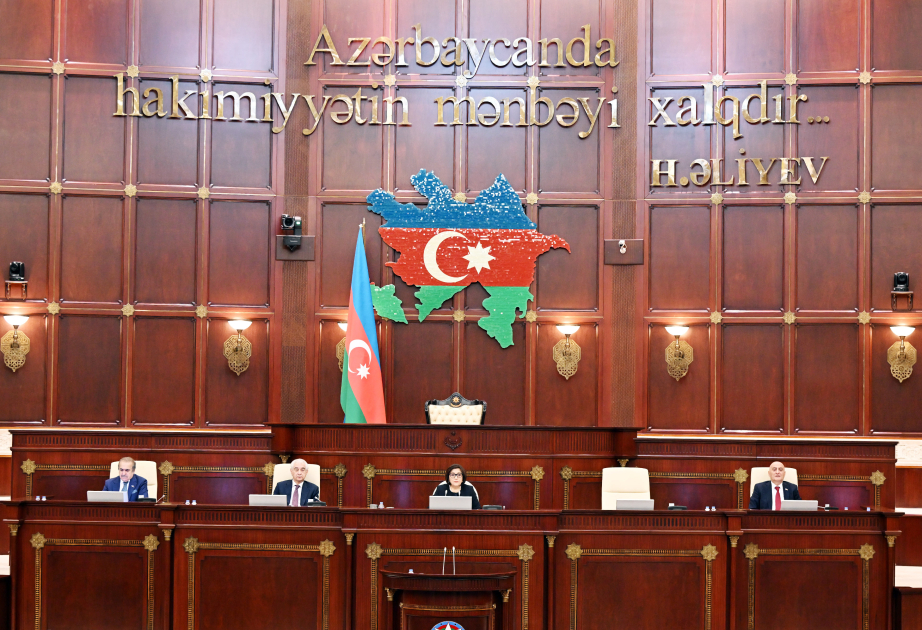
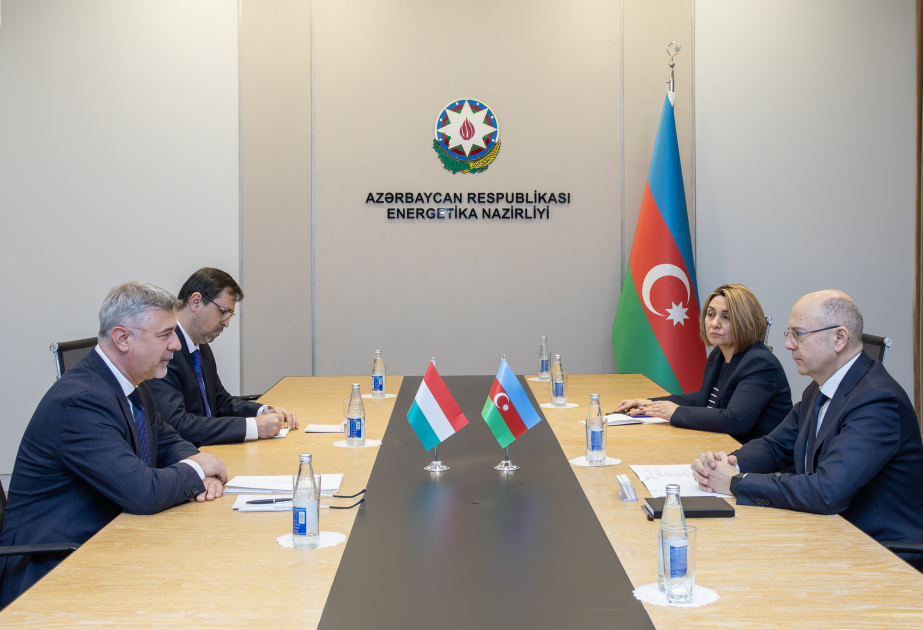
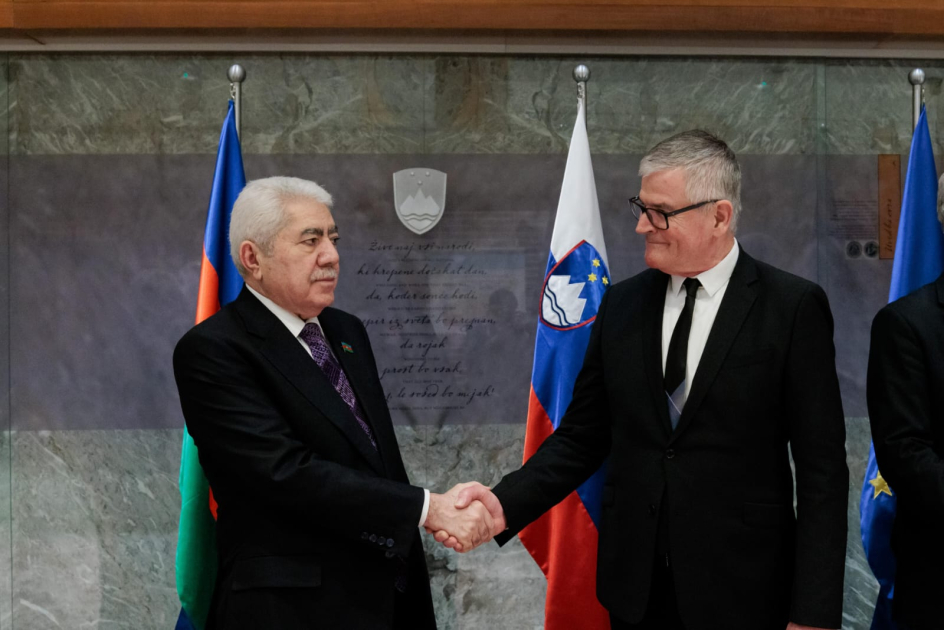
.png)
